Understanding patterns Building Vocabulary Worksheets for Ages 4-7
8 filtered results
-
From - To
Unlock the power of language with our "Understanding Patterns Building Vocabulary Worksheets" designed specifically for children ages 4-7. These engaging worksheets focus on identifying and understanding patterns in language, enhancing vocabulary development effectively. By exploring various patterns, young learners will sharpen their reading skills, recognize word structures, and take significant steps toward literacy. Each worksheet is tailored to be fun and interactive, making learning enjoyable and effective. Empower your child with essential skills for reading and comprehension through our thoughtfully crafted materials. Explore the joy of learning patterns and boost vocabulary today! Perfect for parents and educators alike!
Understanding patterns and building vocabulary are crucial components of early education for children ages 4-7. During this developmental stage, children are honing their cognitive skills and language abilities, both of which are foundational for future academic success. Recognizing patterns helps children develop critical thinking and problem-solving skills. These skills enable them to make connections across various subjects, from math to science, and foster an understanding of sequences and relationships, which are vital in daily life.
Building vocabulary is equally important, as it enhances communication skills and literacy. A rich vocabulary allows children to express their thoughts and feelings more effectively, leading to better social interactions and emotional literacy. It also enhances reading comprehension, which is pivotal as they encounter increasingly complex texts in school.
For parents and teachers, fostering these skills creates a supportive learning environment that nurtures a child’s curiosity and love for learning. Engaging children in activities that promote pattern recognition and vocabulary development lays the groundwork for lifelong learning. Ultimately, supporting these early learning experiences empowers children, helping them become confident learners and successful individuals in their academic journeys and beyond.
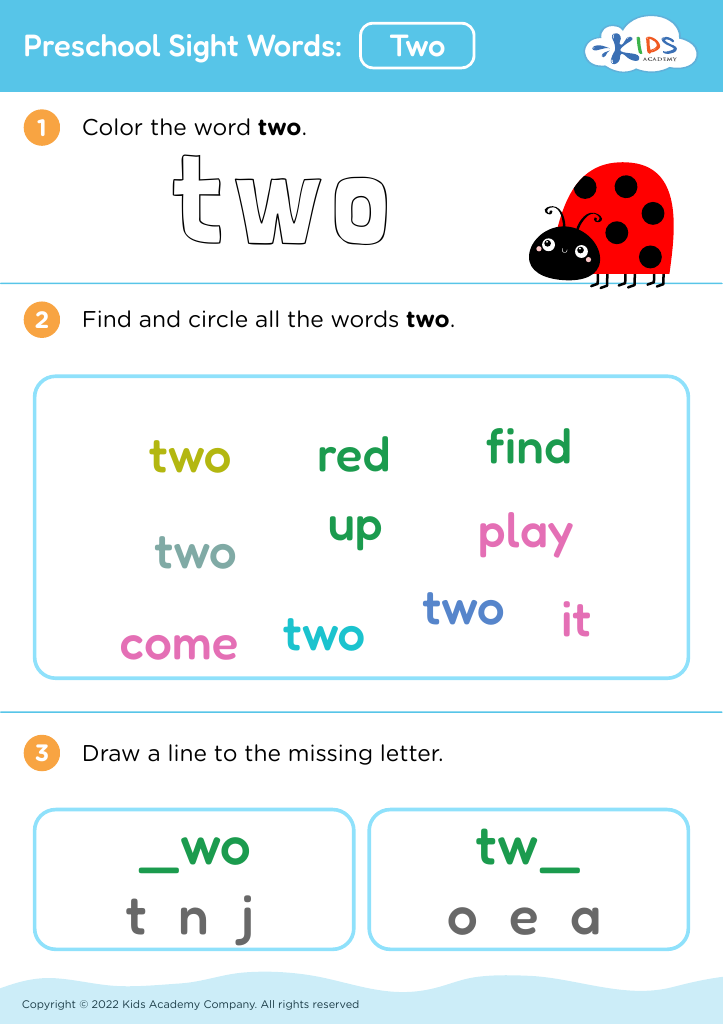











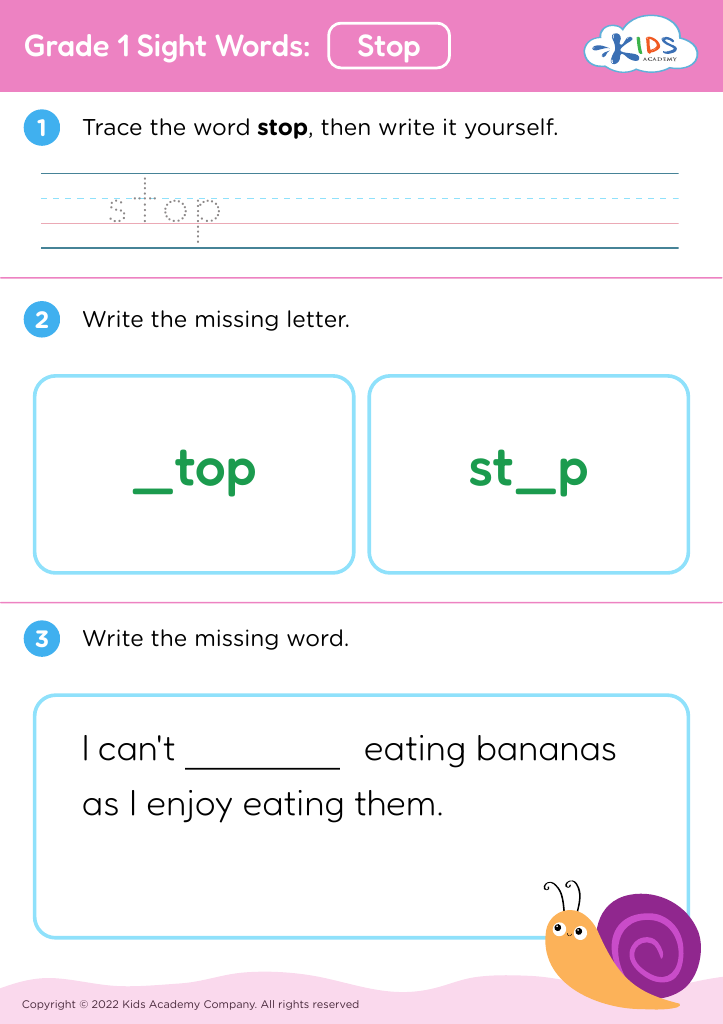

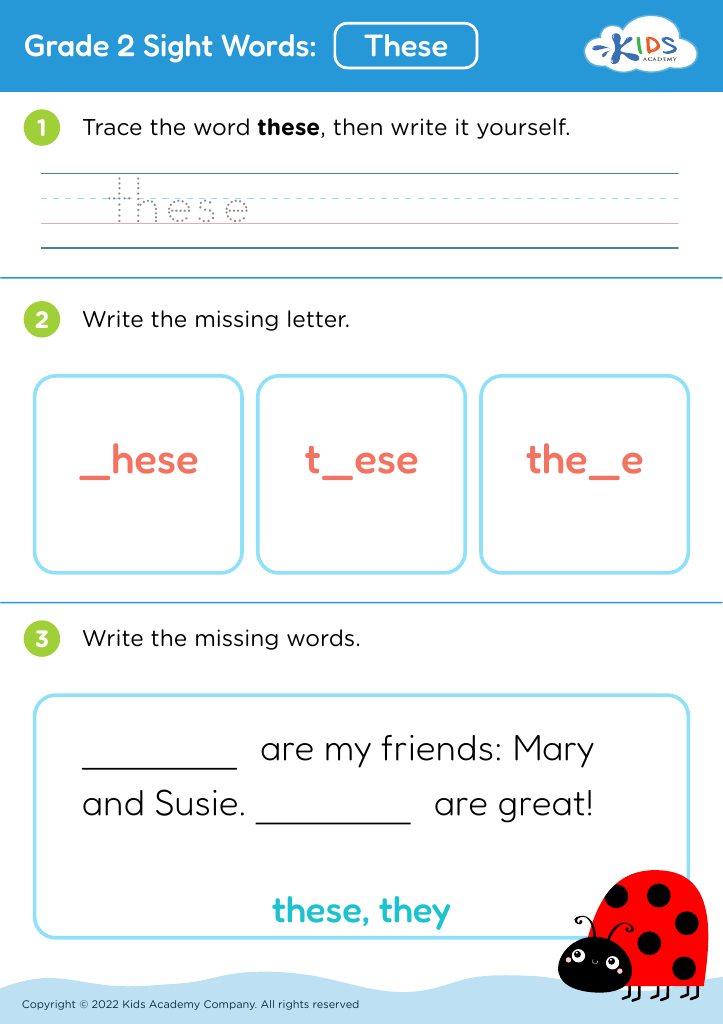
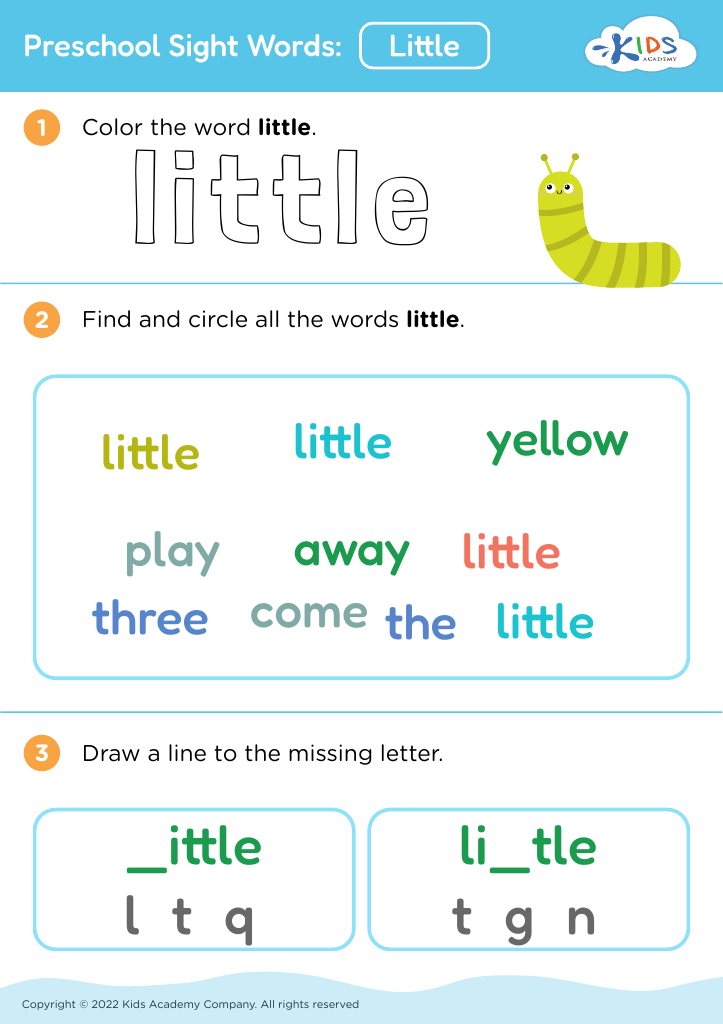
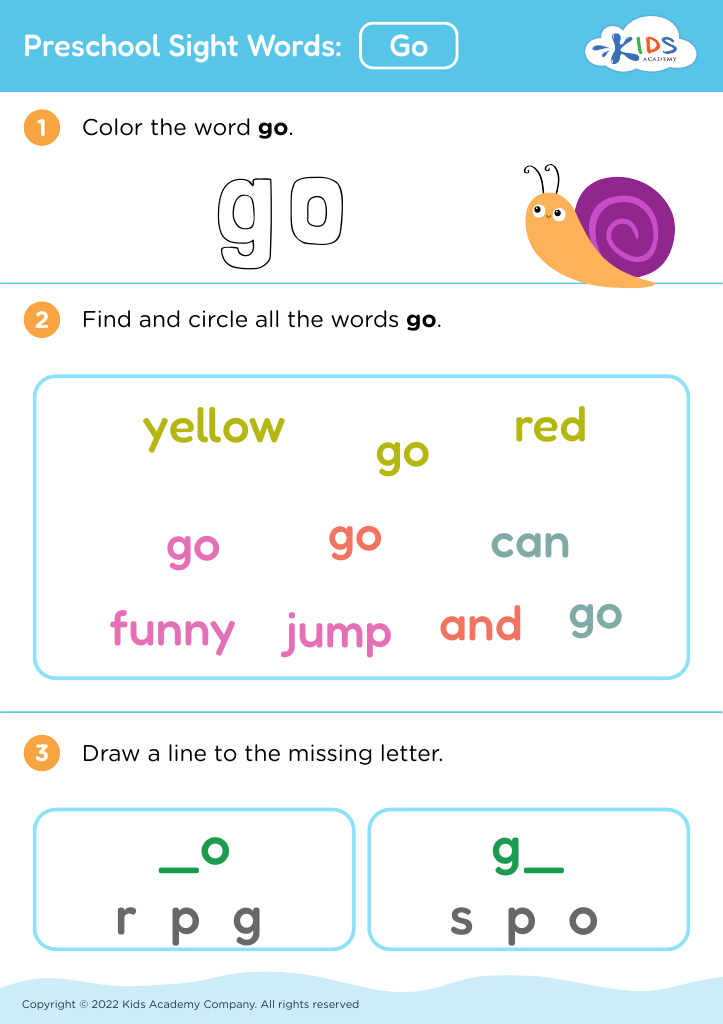
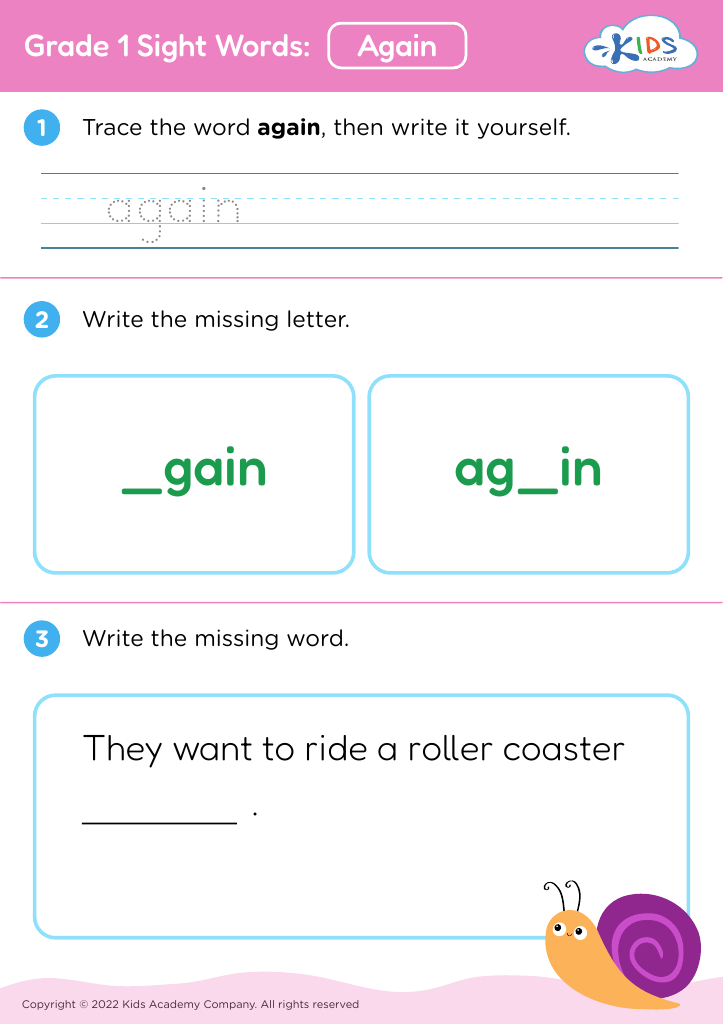
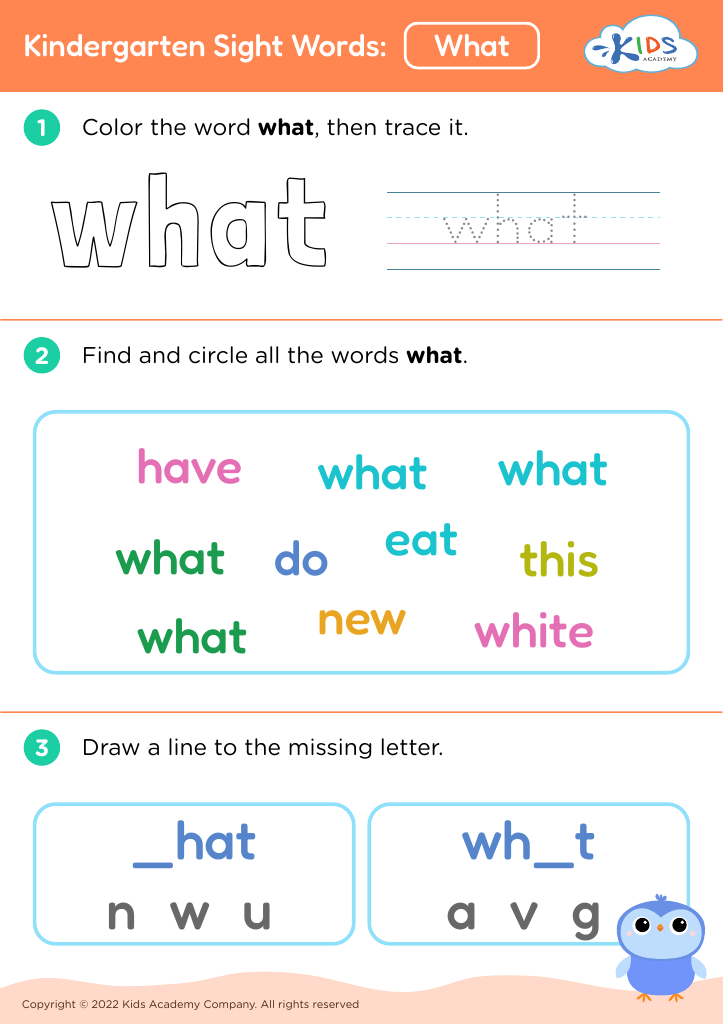





.jpg)












